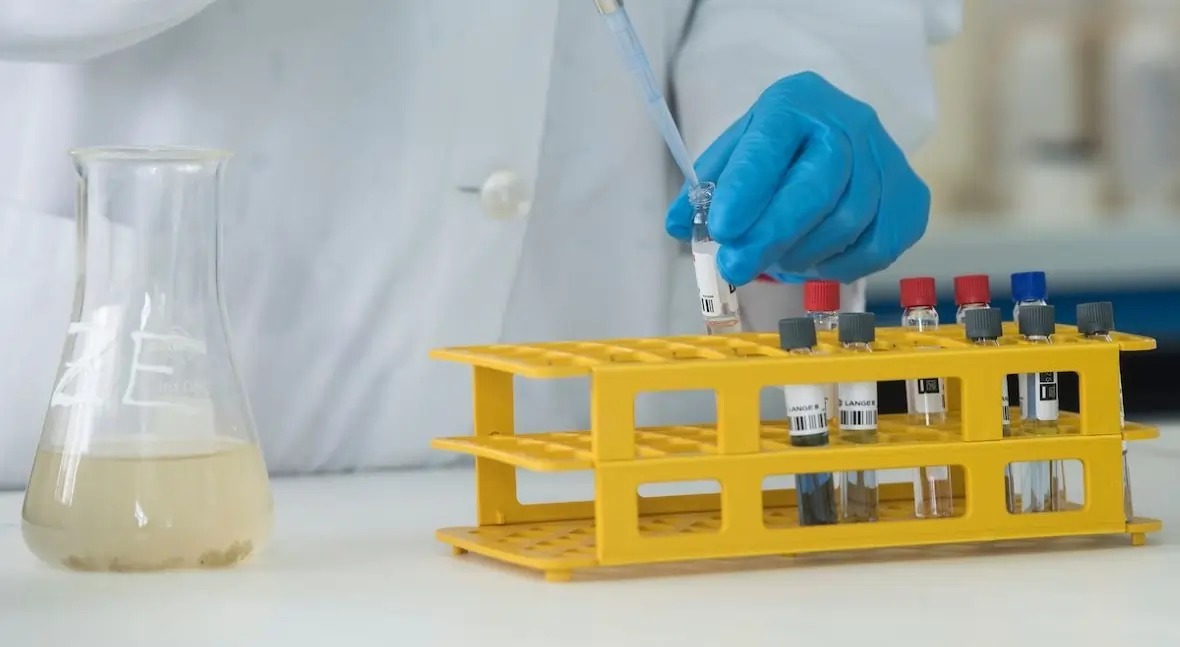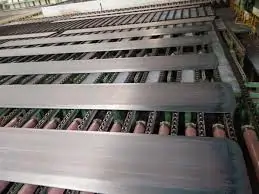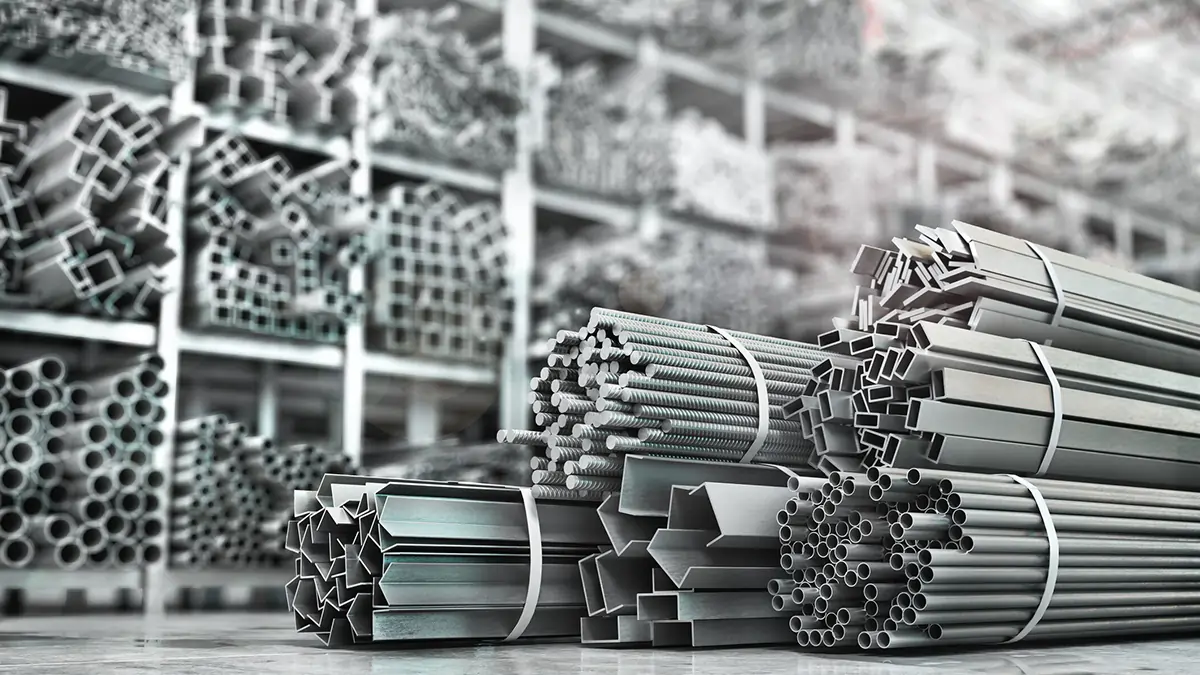The demand for clean water resources intensifies as the global population continues to rise. Wastewater treatment plays a critical role in ensuring the sustainability of our water supply. The traditional methods of treating wastewater have proven effective over the years, yet the evolving environmental challenges call for more innovative and sustainable solutions.
The Need for Innovation
While effective, conventional wastewater treatment processes often involve high energy consumption and can lead to the release of greenhouse gases. These methods also struggle to eliminate emerging contaminants such as pharmaceuticals and microplastics. Therefore, there is an urgent need to explore new technologies that improve treatment efficiency and align with environmental sustainability goals.
Advanced Filtration Technologies
One promising solution in the field is advanced filtration technologies. Membrane bioreactors (MBRs) have gained attention for their ability to produce high-quality effluent while occupying less space compared to traditional systems. These systems integrate biological degradation with membrane filtration, effectively removing solids and microorganisms.
Nanofiltration and reverse osmosis are also gaining traction, as they can remove dissolved salts, heavy metals, and organic pollutants. With nanotechnology, membranes can be engineered to improve selectivity and flux, reducing energy requirements and operational costs.
Biological Treatment Innovations
Harnessing biological processes for wastewater treatment is another area ripe for innovation. Anaerobic digestion, for instance, is a sustainable method that treats wastewater while generating biogas, a renewable energy source. Innovations in anaerobic processes, such as developing anaerobic membrane bioreactors (AnMBRs), enhance treatment efficiency and energy recovery.
Additionally, using microbial fuel cells (MFCs) represents a cutting-edge approach where bacteria convert organic matter in wastewater into electricity. This treats the water and generates energy, offering a dual benefit.
Chemical Treatments and Coating Technologies
Incorporating chemical treatments in wastewater processing can also yield significant improvements. For example, zirconium conversion coating has emerged as a potential technique for improving corrosion resistance in treatment facilities and enhancing durability and efficiency. While traditionally used in metal finishing, its application in wastewater treatment is being explored to protect infrastructure from chemical damage.
Constructed Wetlands and Phytoremediation
Constructed wetlands offer a cost-effective and eco-friendly solution for wastewater treatment. These systems utilize natural processes involving wetland vegetation, soil, and their associated microbial communities to treat pollutants. Phytoremediation, which consists in using plants to absorb, sequester, or degrade pollutants, is gaining popularity due to its low cost and minimal environmental impact.
These nature-based solutions treat wastewater and provide additional ecosystem services, such as habitat creation and carbon sequestration, contributing to biodiversity and climate change mitigation.
The Role of Digital Technology
Digital advancements are revolutionizing wastewater treatment by enhancing monitoring, predictive maintenance, and operational efficiency. Smart sensors and IoT (Internet of Things) devices allow for real-time monitoring of treatment processes, enabling early detection of issues and optimization of resource use.
Machine learning and artificial intelligence are employed to predict and manage treatment plant operations, reducing downtime and improving performance. These technologies facilitate a more responsive and adaptive approach to wastewater management.
A Sustainable Future
The integration of these innovative solutions heralds a new era in wastewater treatment, focusing on efficiency, sustainability, and resilience. As technology continues to evolve, the potential to transform wastewater treatment into a resource recovery process becomes increasingly feasible.
The challenge lies in scaling these technologies and integrating them into existing infrastructure. Collaboration between governments, industries, and research institutions will drive this transformation. By embracing innovation and sustainability, the wastewater treatment sector can play a pivotal role in securing a sustainable future for our planet.






One thought on “Innovative Solutions in Wastewater Treatment: A Sustainable Future”